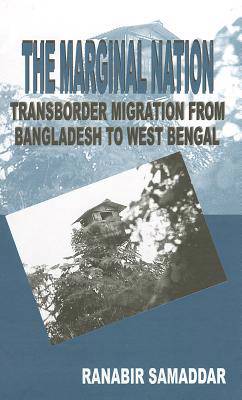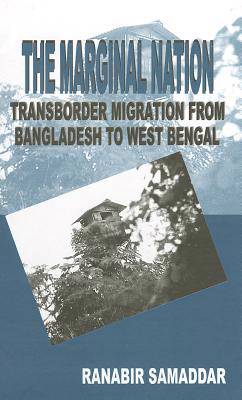
- Retrait gratuit dans votre magasin Club
- 7.000.000 titres dans notre catalogue
- Payer en toute sécurité
- Toujours un magasin près de chez vous
- Retrait gratuit dans votre magasin Club
- 7.000.0000 titres dans notre catalogue
- Payer en toute sécurité
- Toujours un magasin près de chez vous
The Marginal Nation
Transborder Migration from Bangladesh to West Bengal
Ranabir Samaddar
Livre relié
58,95 €
+ 117 points
Description
Dealing with transborder migrations from Bangladesh to West Bengal, this title analyzes these issues within a richer perspective which accommodates the historical, cultural and geographic dimensions along with the economic and demographic. It challenges the validity of the concept of the nation-state in the context of post-colonial South Asia.
Spécifications
Parties prenantes
- Auteur(s) :
- Editeur:
Contenu
- Nombre de pages :
- 227
Caractéristiques
- EAN:
- 9780761992837
- Date de parution :
- 14-01-99
- Format:
- Livre relié
- Dimensions :
- 139 mm x 215 mm
- Poids :
- 360 g

Les avis
Nous publions uniquement les avis qui respectent les conditions requises. Consultez nos conditions pour les avis.






